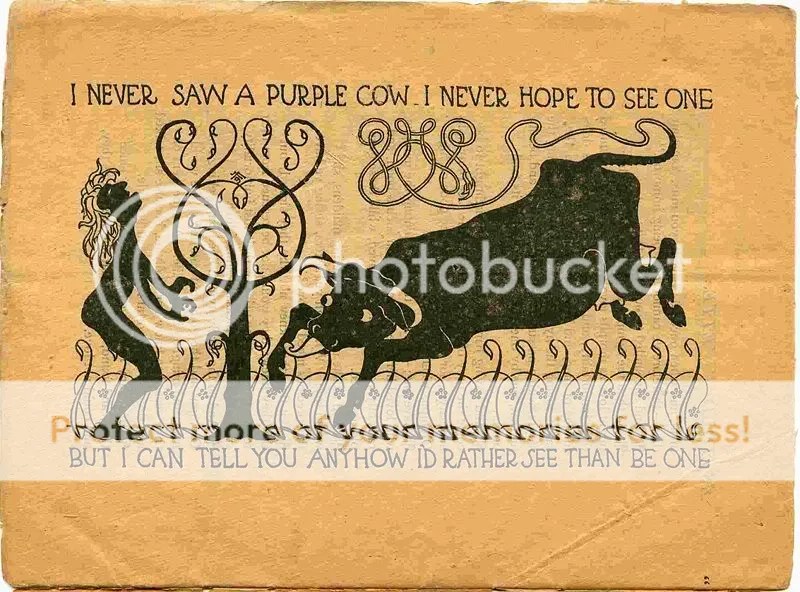ARE YOU A PIDDLER?
ONE WORD WEDNESDAY and today’s word is PIDDLE. No not what puppies and kittens and small children do. Piddling is spending time in a trifling, or ineffective way according to Dictionary.com
Some call it dawdling. The dictionary defines it as wasteful. I’m not so sure about that wasteful part. I think we all need piddle time.
Southerners are said to have fine-tuned the act of passing time, without waste or regret into a fine art. The whole idea of piddling is to kill time, but without any great effort or much meaning, according to Rick Bragg, a Pulitzer Prize-winning writer. He claims it’s a cause worthy of lifelong study in his February 2012 Southern Living essay column, The Fine Art of Piddling.
Piddling is not a necessity. In fact in most circles, it’s frowned upon. In Western pragmatism, we have to do most of the time. I’m a diehard multi-tasker. I loathe just sitting and doing nothing. Though you will find me stopping to smell the roses, not for long! The one exception–I can easily lose myself in a good book for hours until I come to THE END. Much like Rick Bragg described his wife, I piddle with purpose.
But sometimes, piddling’s a forced condition. My latest piddling was neither planned nor welcomed, an unfortunate necessity. A torn rotator cuff took me down. I’ve had no choice but to kill time waiting to regain full use of my repaired shoulder muscles. Weeks in an immobilizing sling, now Attila the Hun physical therapy.
I’ve whittled away the hours sleeping with my guard dogs at my side. Or we watched movies. Turner and Hallmark movie channels mostly. I learned a lot about plotting and story development from those so I guess technically it wasn’t wasted time.
Or we watched movies. Turner and Hallmark movie channels mostly. I learned a lot about plotting and story development from those so I guess technically it wasn’t wasted time.
We also found some fascinating History channel offerings like Pawn Stars and American Restoration. Toby, Buster and I learned a lot! I really missed my daytime soap operas. Made me mad all over again that CBS canceled Guiding Light and As the World Turns.
Timing was the pits too. Two weeks into Kristen Lamb’s Social Media class. Wore me out typing one handed to get in my tweets, FB, and blog out there. I’ll be out of the sling soon and up to speed on the keyboard. But I’m thinking I’m gonna miss the piddling. Ironically, it’s been relaxing, refreshing and renewing. I’m thinking I’ll keep at least some piddling a part of every day.
I’ll be out of the sling soon and up to speed on the keyboard. But I’m thinking I’m gonna miss the piddling. Ironically, it’s been relaxing, refreshing and renewing. I’m thinking I’ll keep at least some piddling a part of every day.
Sentence Game Time: Dictionary.com suggests He wasted the day piddling around.
YOUR TURN: Have a sentence to share? Or a comment about your piddle habits or a time you were forced into piddling?


